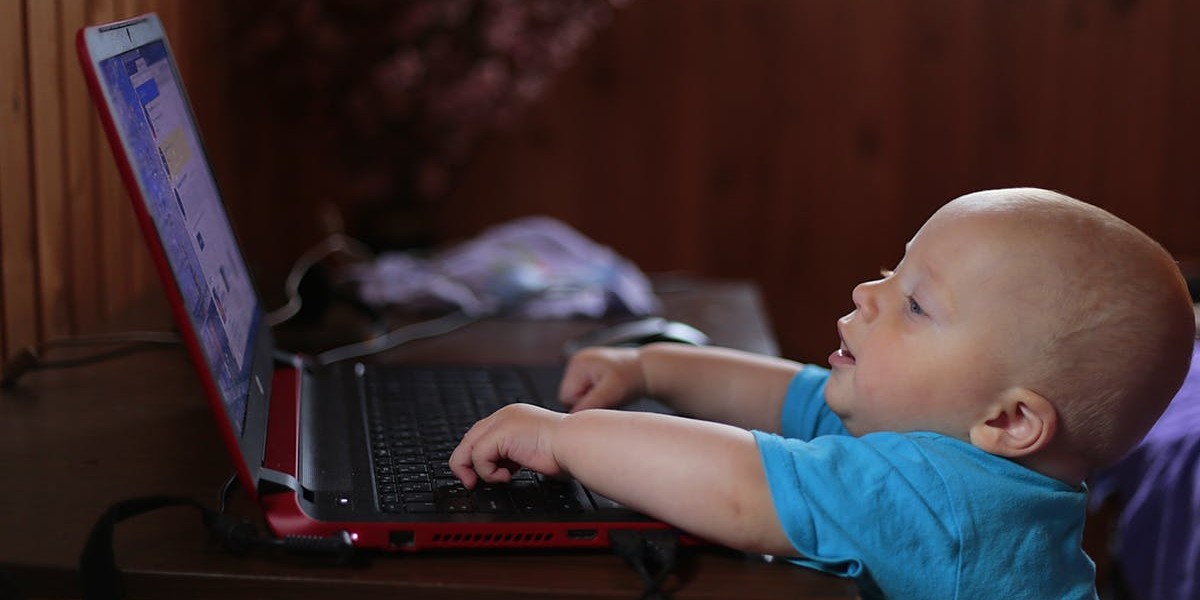Media & Screen Time for Kids: Use It But Don’t Abuse It!
Digital Age: How to Take Advantage of Screen Time and Media Options
In the past, our parents worried that we watched too much TV or video games. Now, we have become our own parents! Yet, admittedly, patrolling and navigating today’s modern digital options can be extremely tough for parents. When we finally figure out how Facebook, YouTube and Twitter works, then Instagram and Pinterest pops up. The digital age is going to continue to produce more and more options for our children and it is imperative that we not dig our own fossils and be stuck in the tar pits of our own dinosaur era.
Guided Media & Screen Use
First, as in all relationships, there must be a mutual trust that develops between parents and children. If they don’t believe that you have their best interests at heart, they will simply not listen to you. Second, parents need to take ownership and responsibility for understanding all the social media apps and tools available to our youngsters. No, you don’t have to be “Facebook Friends” with them. You do, however, need to understand how each social media outlet or app works. Find online articles about other kids who have had trouble with social media apps, whether it is cyber-bullying or possible predatory activities by strangers.

Lastly, come to a mutually acceptable compromise with children! Becoming an adult is learning to negotiate and work with other human beings to a mutual satisfaction. When our toddler asks for his Ipad or TV at night, we say “sure, right after we read one or two books as usual.” In our house, reading time always comes before screen time. Kids need an outlet–as much as we’d prefer for them to go to the park and ride a bike or play baseball or basketball, sometimes they just want to enjoy their digital options. Unless you never spend time on your cell phone or watching your favorite shows on Netflix or HBO, children basically want what we want. Some downtime and relaxation!
Priorities: school, chores, church, etc
Every family places different values on different things. To be honest, my parents let me watch as much TV and video games as I wanted to when I was growing up but I had to hold up my end of that deal. I was a straight A student but they told me that my TV & video game privileges would be severely restricted or taken away if my grades suffered.
Set a known expectation to be clear. For example, a parent might say, “You are allowed 2 hours of screen time but we expect you to maintain a certain GPA, a list of specific chores that must be done weekly, events such as church or commitment to a club or sports team.”
Guided Digital Choices:
Before I became a parent, I almost never watched YouTube. After becoming a parent, I have subscribed to multiple channels and have a set list of things that my toddler can watch. The good educational videos are designed to be just as engaging as the ones that have no educational value. If you let your kids decide what they want to watch, they will pick non-educational videos where they literally stare off into space like some kind of hypnotized zombies.

1) Have a set playlist of channels and videos with a specific intent. For example, we might work on learning colors until the toddler masters that. Then, we’ll find videos on mixing colors until they learn what colors change to when mixed. Another example would be counting numbers. If your toddler is just starting, don’t watch videos on how to count to 100 or counting by 10s. Watch different videos with them on counting 1-10. After they master that, then find videos counting up to 20. You get the idea.
2) Grasping hard to understand concepts: Let’s say I wanted to teach a toddler about tornados. Well, talking about it or even drawing a tornado would unlikely give them the full picture. For earthquakes, we could talk all day about how powerful the ground shakes but it still would not be adequate. Now, imagine watching videos of powerful earthquakes and tornadoes and the devastation it can wreak, tearing up houses and roads—that, they don’t forget! The caveat is that you need to explain to them that they are safe and not at risk and that is not likely to happen to them. If you forget to go over the safety aspect, these videos may come back to haunt them in their sleep as nightmares.








